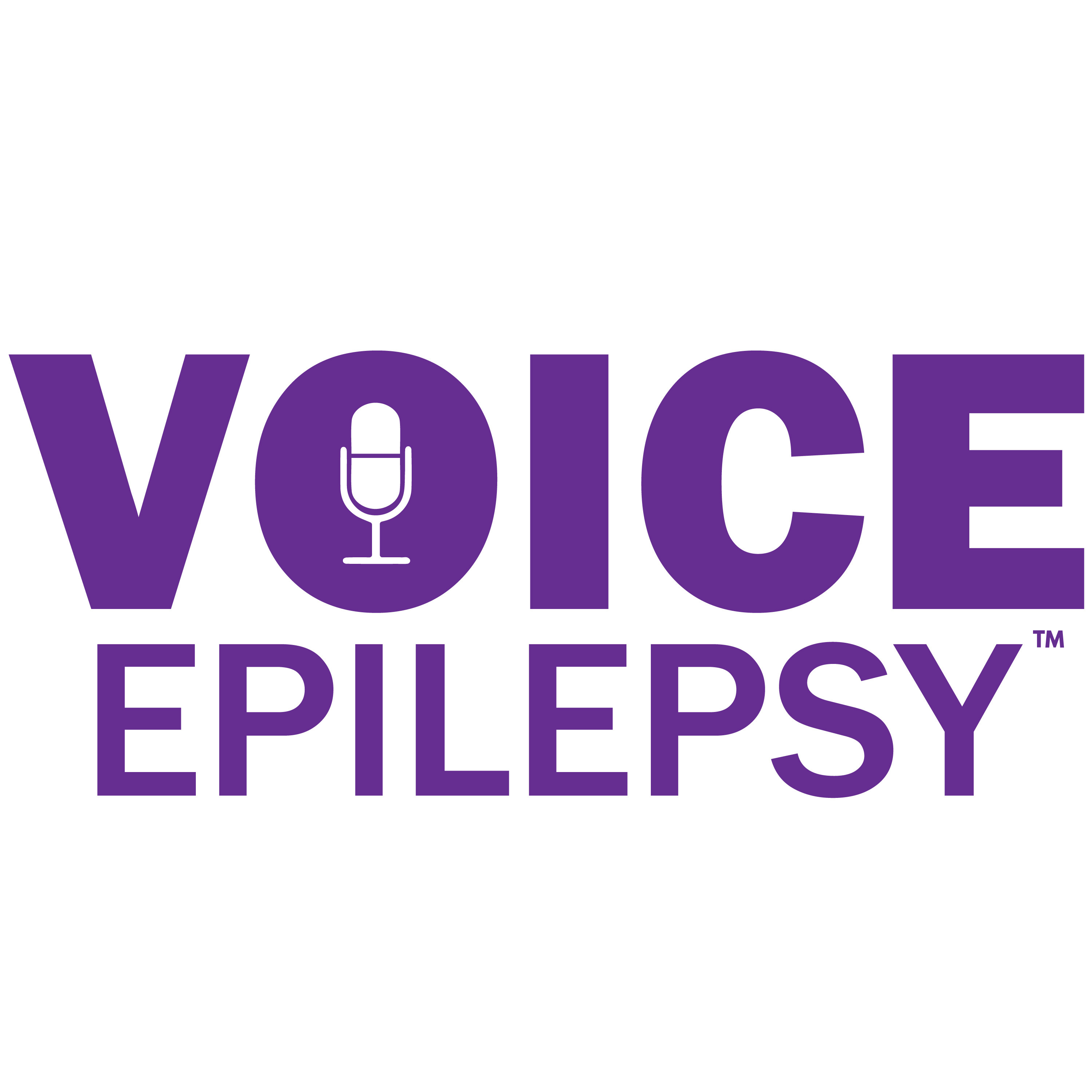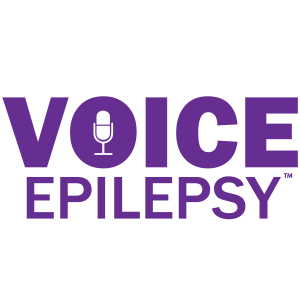
4.9K
Downloads
27
Episodes
As part of the I AM A VOICE for Epilepsy Awareness™ campaign, the Voice Epilepsy™ podcast series introduces a variety of topics related to epilepsy, including medications, treatment, law, employment, surgery, mental health, stress, and stigma, among many others. Whether you are a person living with epilepsy or you have a personal or professional interest in epilepsy, the Voice Epilepsy™ podcast series is for you! You can find the Voice Epilepsy™ podcast series on iTunes, Google Play, Spotify, Podbean etc.
Episodes

Thursday Mar 12, 2020
Voice Epilepsy Episode 4: March 26th International Purple Day™ & COVID-19 2020
Thursday Mar 12, 2020
Thursday Mar 12, 2020
Prevent Anxiety Around COVID-19
On Wednesday March 11th, the World Health Organization (WHO) declared COVID-19 as a global pandemic. To help lessen some fears and anxieties, we have compiled information on COVID-19 and what you can do to decrease your risk of contracting it. Please see below for this information:
What is COVID-19?:
COVID-19 is the disease caused by the most recently discovered coronavirus. Coronaviruses are part of a large family of viruses that may cause illness in animals/humans. This new virus and disease were unknown before the outbreak began in December 2019 in Wuhan, China.
Symptoms of COVID-19:
The most common symptoms of COVID-19 are fever, tiredness, and dry cough. Some people may also experience aches and pains, nasal congestion, runny nose or sore throat. These symptoms are usually mild and begin gradually and are similar to symptoms associated with colds and flu.
It is important to note that some people who are infected with COVID-19 may present with very little symptoms or no symptoms at all and symptoms sometimes may also take up to 14 days to appear after exposure.
How is COVID-19 Diagnosed?:
COVID-19 is diagnosed by a health care provider based on symptoms and other factors (such as travel to affected areas) and is confirmed through laboratory tests.
How is COVID-19 Treated?:
While there is currently no treatment or vaccine for COVID-19, approximately 80% of people infected by COVID-19 will recover on their own. However, it has been found that 1 out of every 6 people develop serious illness, which can cause difficulty in breathing.
People who are more likely to develop serious illness include the elderly, the immunocompromised and people with underlying medical problems, such as heart problems, diabetes and high blood pressure.
Am I At Greater Risk Due To Epilepsy?:
It has been found that epilepsy does not present an increased risk of catching COVID-19 or developing serious illness. However, some of the symptoms of COVID-19, such as high fever, cough and difficulty breathing, may put you at an increased risk of seizures.
This may be due to the fact that feeling unwell and having a higher temperature can be a trigger for seizures and coughing and difficulty breathing can keep you up at night and lack of sleep can also be a trigger for seizures. If you are feeling an exacerbation of seizures due to these symptoms, please contact your healthcare professional.
What Should I Do If I Become Ill?:
If you become ill, you should quarantine yourself at home as quickly as possible and immediately contact your health care provider or local public health authority. Inform them about your symptoms and any other pertinent details, such as your travel history, if you have had any contact with a sick person, etc. and get tested for COVID-19.
How Can I Protect Myself from COVID-19?:
There are many actions that you can take to stay healthy and prevent the spread of COVID-19. Here are some options at your disposal:
- If you are sick, stay home from work and/or school and avoid public places
- Encourage others who are sick to also stay home from work/school and avoid public places
- Wash your hands regularly with soap and water for at least 20-30 seconds
- If you are in a situation where you are unable to wash your hands, use hand sanitizer that’s 60% to 95% alcohol
- Cough and/or sneeze into your elbow
- Clean and disinfect frequently touched objects and surfaces, such as door handles
- Fill your prescriptions regularly to ensure you have enough anti-epileptic medication in case you are unable to leave your house
- Limit your contact with others, such as avoiding sports games, concerts, events, etc. or other places where there are crowds or large gatherings
- When greeting people, try waving rather than shaking hands or hugging
- Stay at least 1 meter away from someone who is coughing and/or sneezing
- Try not to touch your face, including your eyes, nose and mouth
- Keep up to date on COVID-19 hotspots (areas where COVID-19 is spreading widely) and avoid travelling to those areas
- Change your regular habits, such as working out home instead of at the gym, doing online grocery shopping, etc.
- Stock up on essentials such as non-perishable food items, toilet paper, etc.
- Ensure you are getting information about COVID-19 from experts and reputable sources and not relying on other people’s opinions
It is understandable to feel anxious or worried about COVID-19. We hope that the information contained in this blog post will help lessen some of your anxieties and worries. Find out more about COVID-19 here.
